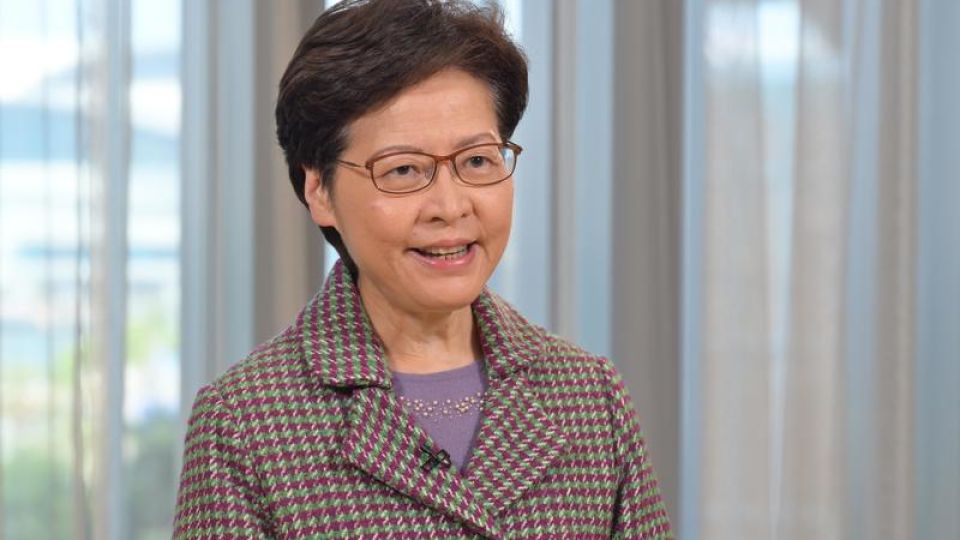January 11, 2022
HONG KONG – Two years into the COVID-19 pandemic, building the next normal with digitalization and a green economy is within our reach, yet closer global collaboration is vital for a sustainable future, policymakers said at the Asian Financial Forum on Monday.
Themed “Navigating the Next Normal towards a Sustainable Future”, the session was part of AFF 2022, held online by the Hong Kong Special Administrative Region government and the Hong Kong Trade Development Council.
“The distress and disruption caused by the pandemic over the past two years have taught us the importance of preparing for global crises. That certainly includes climate change,” said Carrie Lam Cheng Yuet-ngor, chief executive of the Hong Kong Special Administrative Region.
The HKSAR government expects some $30 billion in public-sector investment over the next 15 to 20 years to support local carbon reduction measures, Lam said via video at the virtual event themed “Navigating the Next Normal towards a Sustainable Future.”
“I’m confident this will also create wide-ranging opportunities for our fast-emerging green economy,” she added.
The SAR government looks forward to the creation of a global voluntary carbon market and carbon-market opportunities as part of Hong Kong’s growing cooperation with the Guangdong-Hong Kong-Macao Greater Bay Area, she said.
Speaking at the forum via video recording, the Hong Kong Secretary for Financial Services and the Treasury Christopher Hui Ching-yu said that the problems brought about by climate change need to be solved via joint efforts worldwide, adding that a resilient financial system is needed in Hong Kong to combat the uncertainties induced by the pandemic.
To achieve the city’s target of carbon neutrality by 2050, Hui said that a large amount of investment is needed to finance the green enterprises and projects, but that Hong Kong as a leading financial center, is well positioned to become a regional sustainable financial center.
We should refute the fallacy that economic growth and green transition are an issue of either-or.
Jin Liqun, President, Asian Infrastructure Investment Bank
In financing the green transition, the European Commission – the executive branch of the European Union – estimated that 500 billion euros ($567 billion) in capital is needed each year by 2030 to reach its emissions reduction target, said Vincent Van Peteghem, Belgium’s deputy prime minister and minister of finance.
“Even though governments are pouring a staggering amount of money to finance the green transition, we are aware that the flow of money is not endless, and it won’t be sufficient to fully finance the green transition,” he warned.
Van Peteghem said a green economic system requires global standards. “We need common global standards and definitions on the green finance in order to fully explore the potential of our global financial markets.”
Climate change, as well as digitalization and healthcare are the three aspects to look into in the post-pandemic recovery, said Arkhom Termpittayapaisith, Thailand’s minister of finance, adding that the acceleration of digitalization amid the pandemic could reduce the operational cost of businesses and governments.
Looking toward the new normal, Muhammad Sulaiman Al Jasser, president of the Islamic Development Bank Group, noted that the world would see more uneven development, slower globalization and a higher digital transformation, which could pave the way for a sustainable development of the green economy.
The defining characteristics of the new normal also include stronger emerging economies such as China, India and Brazil, which will be bigger contributors to the global economy, said Marcos Troyjo, president of the New Development Bank.
“We should refute the fallacy that economic growth and green transition are an issue of either-or,” said Jin Liqun, president and chair of the Asian Infrastructure Investment Bank.
Building the next normal is within reach, Troyjo added. “It’s in our hands to define what the next normal is going to be, and the next normal brings about more prosperity for all.”


